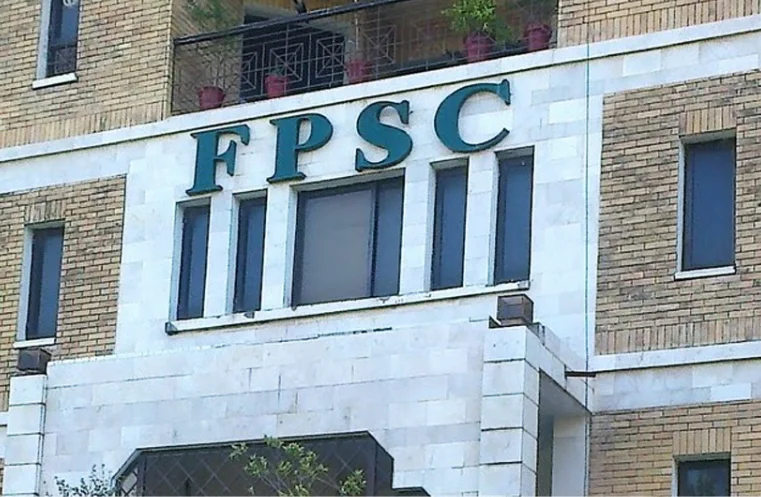Islamabad, Feb 20: The Auditor General’s office has expressed serious reservations regarding the Federal Public Service Commission’s (FPSC) failure to include private sector professionals in its appointments. This omission, highlighted during a Public Accounts Committee (PAC) meeting on Wednesday, has deprived the commission of valuable industry expertise.
Audit officials revealed that instead of selecting professionals from the private sector as required, the FPSC appointed two additional government officials, directly violating its own regulations. This move raises concerns about transparency and adherence to prescribed rules.
Defending the commission’s stance, FPSC Secretary Syed Husnain Mehdi clarified that all appointments are made by the President of Pakistan through the Establishment Division. He emphasized that the FPSC consistently informs the division about existing vacancies, indicating that the responsibility for these lapses lies elsewhere. However, MNA Naveed Qamar raised questions regarding the clarity of the ordinance, arguing that if the Establishment Division is appointing individuals against FPSC regulations, its secretary should be held accountable.
Meanwhile, the PAC also addressed another pressing issue—the illegal encroachment of 176 plots in Karachi’s Gulshan-e-Hadeed Colony, valued at approximately Rs750 million. Audit officials placed the blame on Pakistan Steel Mills (PSM) management, citing their negligence in protecting the land from unlawful occupation.
In response, PAC Chairman Junaid Akbar instructed the National Accountability Bureau (NAB) to launch a thorough investigation into the matter and submit a detailed report within two months. He also mandated immediate action to reclaim the encroached plots and remove illegal occupants, stressing the need for swift and decisive measures.
Read More:
Bank of Khyber Plans Full Shift to Islamic Banking
These developments underscore the ongoing challenges within Pakistan’s public administration, where regulatory lapses and mismanagement continue to hinder institutional effectiveness. Addressing these concerns with transparency and accountability will be crucial for restoring public confidence in government institutions.









